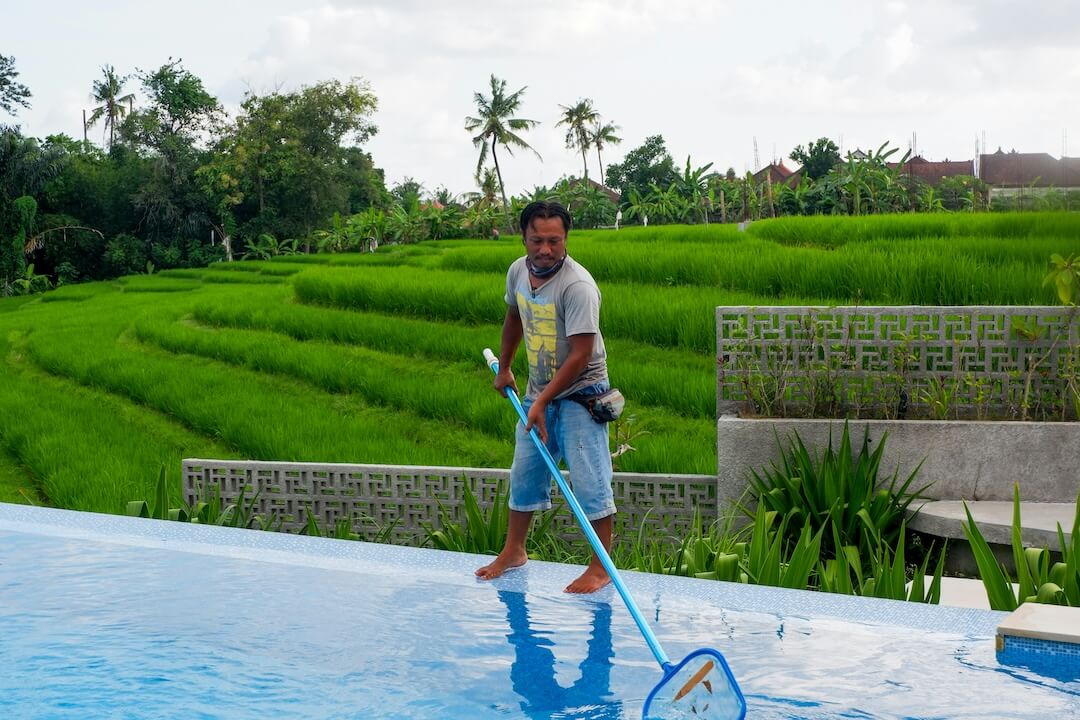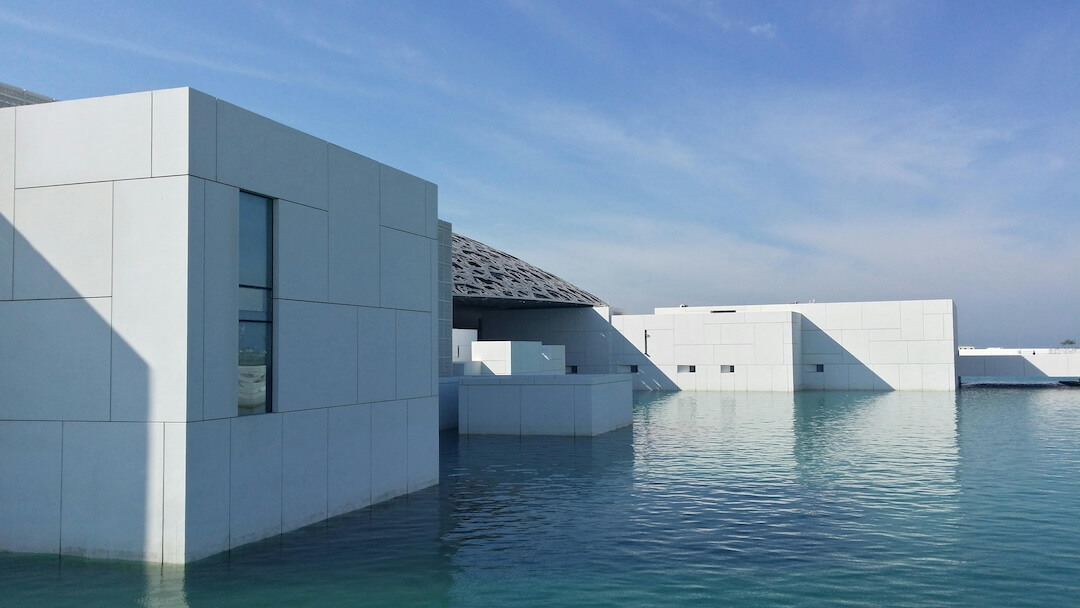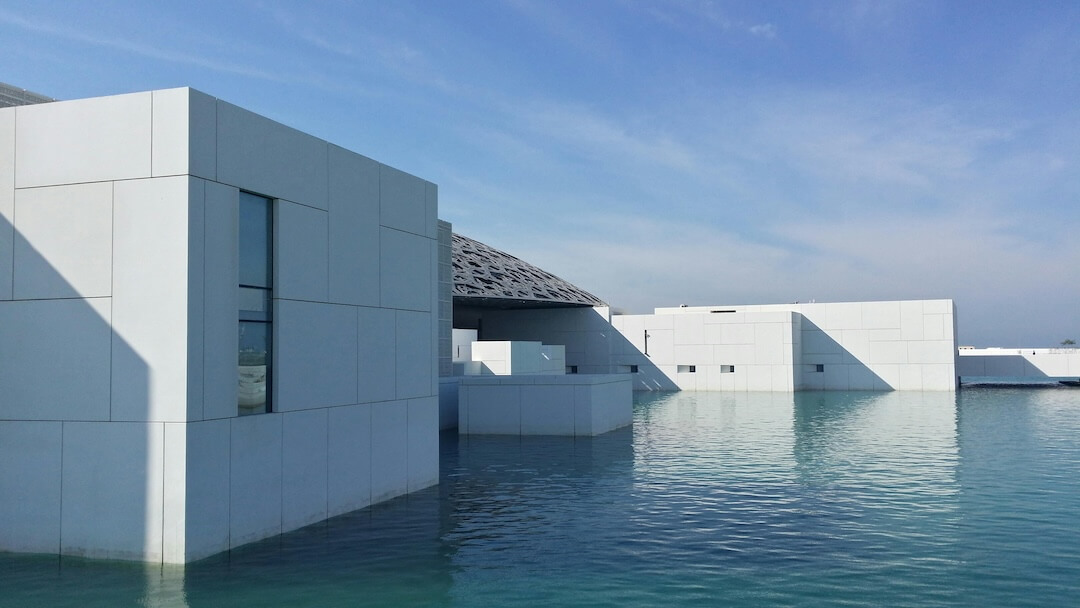How to Maintain a Lap Pool

How to Maintain a Lap Pool
A lap pool is a prized feature for many Fort Lauderdale residents who enjoy fitness, recreation, or simply want a stylish and functional backyard addition. Unlike standard pools, lap pools are often long, narrow, and designed specifically for swimming laps. Proper maintenance is crucial to keep your lap pool in optimal condition, prevent costly repairs, and ensure a safe swimming environment. In this guide, we’ll walk through the essential steps and best practices for keeping your Fort Lauderdale lap pool clean, balanced, and functioning smoothly.
Regularly Check and Maintain Water Chemistry
In Fort Lauderdale's warm, humid climate, maintaining proper water chemistry is vital. The ideal balance includes appropriate levels of pH, alkalinity, sanitizer, and calcium hardness. Regular testing—at least two to three times a week—is essential, especially during peak swimming season.
* pH Levels: Aim for a pH between 7.4 and 7.6. Too high or too low can lead to scaling, corrosion, and skin irritation.
* Sanitizer Levels: Maintain free chlorine levels between 1.0 and 3.0 ppm. In Florida, where pool use can be high, consistent sanitizer levels prevent algae and bacteria growth.
* Alkalinity: Keep alkalinity between 80 and 120 ppm to stabilize pH.
* Calcium Hardness: Maintain at 200-400 ppm to prevent scaling or etching of pool surfaces.
Consistent testing and adjustment are necessary. Investing in reliable test kits or digital testers ensures accuracy. Remember, proper chemical balance prolongs the lifespan of pool equipment and keeps your water safe and inviting.
Use the Right Filtration System
A high-quality filtration system is crucial for a lap pool, which often has a longer and narrower shape making debris removal more critical. Ensure your filter runs continuously during use and for at least 8-12 hours daily in Fort Lauderdale’s climate to prevent algae and cloudy water.
Backwash or clean your filter regularly, depending on the type—whether sand, cartridge, or DE filter. Proper filtration keeps water clear, reduces chemical consumption, and minimizes maintenance.
Maintain Pool Circulation
Good water circulation is essential for even distribution of chemicals and preventing stagnation. Run your pool pump according to manufacturer recommendations, typically 8-12 hours per day for residential pools in Fort Lauderdale.
Position return jets to promote effective circulation along the length of the pool, especially in a narrow lap pool where stagnant zones can develop. Proper circulation minimizes algae buildup and maintains water clarity.
Regularly Skim, Brush, and Vacuum
Daily or every other day, skim the surface for leaves, bugs, and debris. Use a pool net or skimmer pole to prevent debris from sinking and decaying, which can lead to cloudy water and algae.
Weekly brushing of the pool walls, steps, and floor prevents algae accumulation and biofilm formation. Use a soft-bristled brush suitable for your pool surface—whether plaster, tile, or vinyl.
Vacuum the pool weekly using an automatic or manual vacuum to remove settled dirt and algae. In Fort Lauderdale, where heavy rainfall and wind can introduce debris, more frequent cleaning may be necessary.
Shock the Pool Periodically
Shocking your lap pool is essential to eliminate organic contaminants, bacteria, and algae spores. In Florida’s warm climate, bacteria can multiply rapidly, especially after heavy use or storms.
Use a pool shock treatment with the appropriate chlorine level—usually 1-3 times per week during peak season. Always follow manufacturer instructions and ensure proper ventilation when handling chemicals. After shocking, wait until chlorine levels return to normal before swimming.
Monitor and Clean Pool Equipment
Your pool’s pump, filter, and heater require regular inspection and maintenance. Check for leaks, unusual noises, or reduced flow. Clean out skimmer baskets and pump baskets weekly to prevent clogs.
In Fort Lauderdale, where pool equipment is exposed to high humidity and salt air (if applicable), corrosion can be an issue. Use protective coatings or covers as needed and replace worn parts promptly.
Maintain Pool Surfaces and Equipment
Inspect your pool’s surface regularly for cracks, chips, or discoloration. Properly maintaining your pool surface prevents leaks and extends its lifespan.
Also, ensure that pool ladders, handrails, and diving boards (if any) are secure and free of rust or corrosion. Keep safety equipment up to date and accessible.
Schedule Professional Maintenance and Inspection
While routine maintenance can be handled by homeowners, periodic professional inspections are invaluable. Our local Fort Lauderdale pool technicians can perform comprehensive checks, deep cleaning, equipment calibration, and water testing.
Professional maintenance ensures your lap pool remains in top condition, especially before or after peak seasons, and helps catch issues early before costly repairs become necessary.
Protect Your Pool During Storms and Heavy Rain
Fort Lauderdale’s weather can be unpredictable, with thunderstorms and heavy rains. To safeguard your lap pool:
- Cover the pool with a sturdy, properly fitted cover during storms.
- Clear debris from the cover and surrounding area.
- Check chemical levels and water clarity once the storm passes.
- Reseal or repair any damage caused by severe weather promptly.
This proactive approach minimizes damage and keeps your pool in excellent shape.
Save Energy with Efficient Equipment
In addition to regular maintenance, consider upgrading to energy-efficient pumps, filters, and lighting. These investments reduce your utility bills and environmental impact while ensuring your Florida lap pool operates optimally year-round.
Hire Local Experts for Ongoing Support
Maintaining a lap pool in Fort Lauderdale can be simplified by partnering with our local professionals specializing in Florida residential pool care. They bring expertise in the specific challenges posed by our climate and can tailor maintenance plans to your pool’s unique needs, ensuring it remains pristine and functional.
Final Thoughts
Owning a lap pool in Fort Lauderdale offers a fantastic way to stay fit, relax, and enjoy your outdoor space. However, consistent and thorough maintenance is key to maximizing its lifespan and ensuring a safe swimming environment. From balancing chemicals, ensuring proper filtration, and regular cleaning to professional inspections, every step contributes to a sparkling, healthy pool.
By following these expert tips on how to maintain a lap pool in Florida, you’ll enjoy many years of swimming pleasure with minimal stress. Remember, investing in quality equipment and professional support when needed will save you time and money in the long run. For personalized advice or scheduled maintenance, contact our trusted Fort Lauderdale pool service experts today and keep your lap pool in perfect condition!



